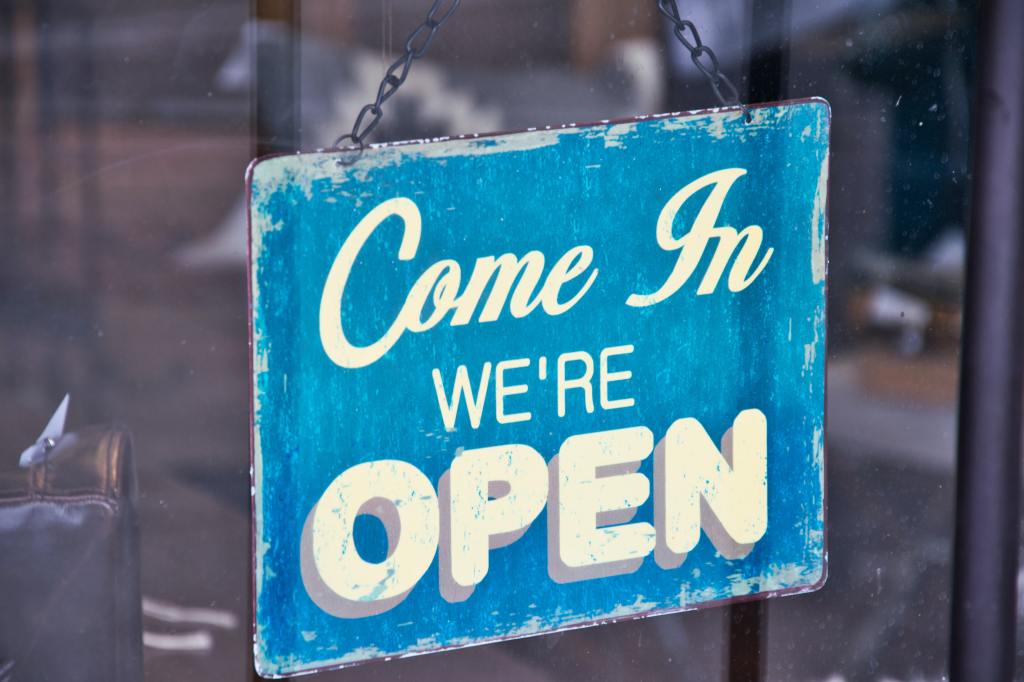
“Some words are more than letters on a page, don’t you think? They have shape and texture. They are like bullets, full of energy, and when you give one breath you can feel its sharp edge against your lip.” ~Pip Williams
The Dictionary of Lost Words, by Pip Williams, is an engaging novel written in a gentle style that evokes an era of teapots, shawls, and regular correspondence. (Okay, still my era….) I appreciate it for its love of words and books as well as for topics including class division, suffrage, and the British home front during WWI.
The main character’s galvanizing focus is on why some words were deemed worthy of becoming dictionary entries while others were not. Her lifelong work became saving words overlooked because they were too common, not in print, or insufficiently upper-class male to deserve dictionary space.
I grew up in a word-loving family and my own kids have taken that much farther than I might have imagined. When very young they developed an unnamed game of verbal jousting I call, in this post, Game of Slurs, although the post doesn’t go into just how amusingly over-the-top they could get with inventive word pairings. They also played, with only minor nudges from me, all sorts of dictionary-based games including my favorite, Blackbird. And all of us have unconsciously incorporated words into our everyday conversations that, apparently, seem strange to those around us. When they were younger, some of my kids consciously modified what words they used when, but these days they not only use whatever obscure words they like, they also, well, “experiment” on others to see if they can get them to start using such words too.
I’m grateful it’s now commonplace for everyday vernacular to show up in print and online dictionaries, although dictionaries will never be fast enough keep up with linguistic improvisations in music, film, literature, and everyday conversation. (There are several sites where you can look up words first found in print in your birth year. Merriam-Webster’s version of this includes sixty words for 1992 including buzzkill, civil union, exoplanet, hacktivism, meh, skeezy, smack talk, and woo-woo.)
In many ways, the language(s) we speak shape the way we think. We will never know what ways of thinking about, seeing, and interacting with the world are lost to us when we speak only one language. This is even more troubling in relation to entire languages going extinct. The Linguistic Society of America reports there are more than 6,500 languages used worldwide. Eighty percent, by some estimates, may vanish within the next century.
My problem, as a writer, takes place in a much smaller arena — my head. Much as I love words, it often seems impossible to fit meaning more than partway into language. I might manage to get a pinch of the inexpressible in, but that’s it, and only if I’m lucky. It’s like trying to stuff a galaxy into a suitcase and still zip it closed.
I hope we all do what we can, in these troubling times, to use language clearly, kindly, and well. Even more, that we make every effort to listen.
Thanks for the link. I’m humbled by the number of words that entered the language in 1949. Makes it even more amazing to know about as many showed up the next year, and the next . . . An exponential of words
LikeLiked by 1 person
The years I’ve checked on the birthyear word site are surprising. It seems hard to imagine a time before they were in use, although we all know in a few years we’ll be using words that haven’t yet been spoken in our time.
LikeLike
One of my favourite reads of recent years! It’s a lovely book, and I love how gently subversive the heroine is. Low-key, but rock-like in her determination.
LikeLiked by 1 person
Fiction that lets me escape is the best!
LikeLiked by 1 person
I sympathize with your struggle with the inexpressible pinch felt on a cheeky cheek, a soupçon in a lingmisty je-ne-sais-quoi spy novel. In fact, I’ve found a recent secret message in google translate. If you translate “I am washing” into Pashto, you get a purported result. If you take that result and translate back to English, you get “I’m in love.” Are they promoting world peace or implying that love is brain washing? I’ll never know because google takes comments but never fixes anything. I long ago gave up on Maori. When they listed it, it must have been some sort of virtue signaling. But whenever I look, the word “owl” is unstable. There’s a jumble of phrases from unknown contexts yielding “handshake” and “murder.” But when they “fix” it, it just gets worse. Ut oh, has this been too long like a long walk off a short pier? It’s just that “ut oh” is the only glottal stop I know of in English that I can chew on for awhile before coughing up ruminations.
LikeLiked by 1 person
Doug, your response reads like a poem.
LikeLiked by 1 person
Yes, thanks. I often use complex sentences as a runway, take off with line breaks in transit, add rhyme and reason, a theme, and voilà a poem.
LikeLiked by 1 person